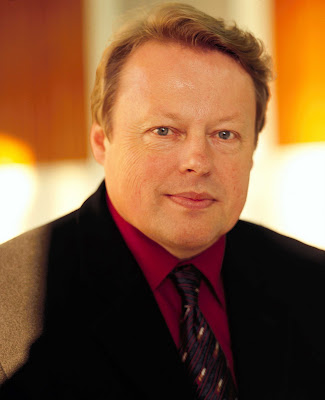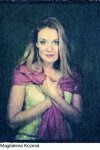This one. This waltz.
Howard Jacobson, one of my favourite columnists, writes this super article today in The Independent about his visit to a Leonard Cohen concert at the O2.
I love this paragraph:
"I like it that he doesn't jig about. Such a change to see someone on a stage, immobile – as still as thought. We have the attention span of children. A thing will interest us only if it sparkles and moves. Madonna, Michael Jackson – people come back from their concerts raving about how well they move as though moving is a virtue in itself. I don't get it. If you want moving ring Pickfords. Leonard Cohen barely stirs, limiting himself to crouching over his microphone into which he whispers with hoarse suggestiveness."
The same is very often true of the finest classical performers: think of Heifetz and Oistrakh on the violin, Barenboim at the piano, etc. The focus is the music. The energy is not dissipated by unnecessary movement and histrionics. It's very much in keeping with Alexander Technique principles: eliminate excess muscular effort and concentrate the energy where it is most needed. In Cohen's case, the voice. In Heifetz's, the instrument in his arms. Each mite of force that goes into extraneous movement is a morsel removed from the core of what the artist is trying to achieve. That is not to advocate stiffness: just concentration and good sense.
I would have liked to go and hear LC too, but it is almost quicker to get to Marseilles from where I live than to the O2, and the great man's Albert Hall gigs were a) ROH prices, b) sold out but for a few restricted view tickets at £55 each. Technically this makes Leonard Cohen into Heifetz and Rolando Villazon at the same time. Not to mention Lorca.



